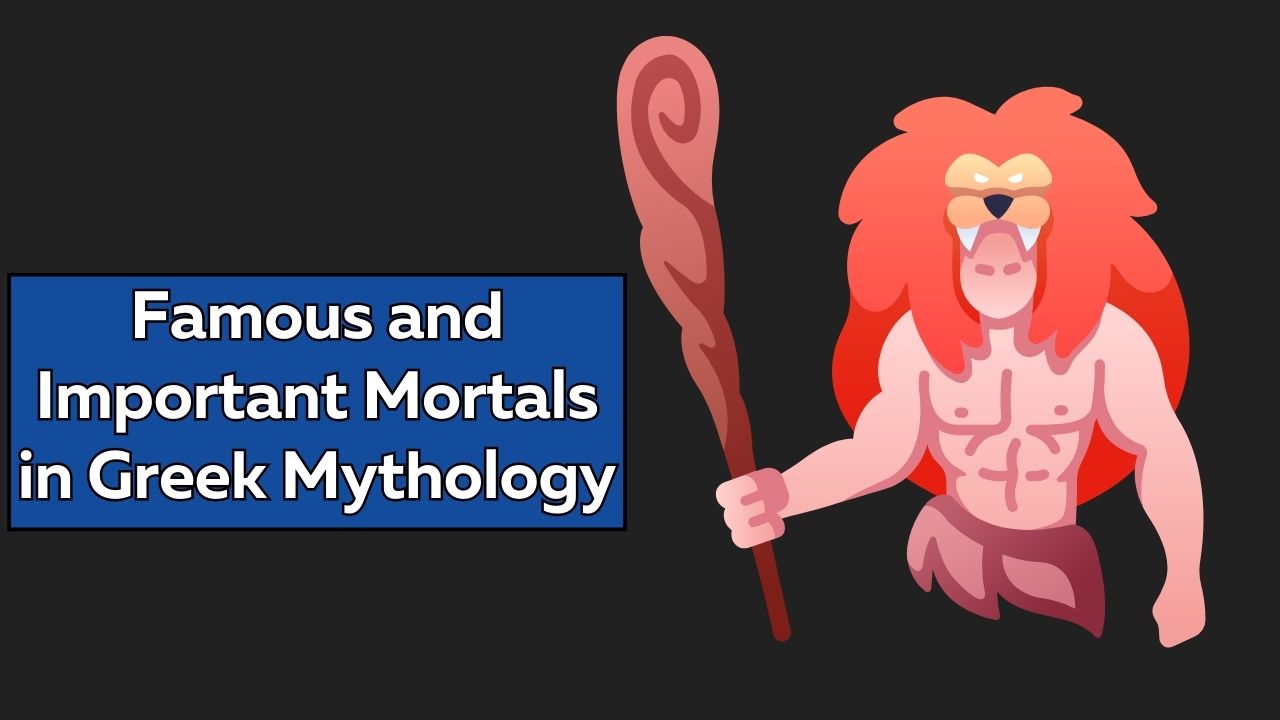Introduction:
The perils of the Greek gods are often explored in modern storytelling. At the center of these stories is often one of the most powerful gods – Athena. Her curse is said to be particularly grievous, with one of the most famous being the curse she placed upon Medusa. In this article, we will be exploring the origin, complexity, consequence, and legacy of Athena’s curse on Medusa.
Point 1: Origin of the Curse
1. The Affront: Athena’s curse on Medusa came as an act of retribution. According to some stories, it was because Medusa had taken a lover in Athena’s temple, offending Goddess Athena. Other accounts tell stories of the gods vying for control over humans – Zeus talling Athena to turn Medusa into an ugly creature as punishment.
2. Athena’s Anger: In spite of the cause of the curse, Athena’s anger was swift and deadly. She transformed Medusa into a terrible monster, cursed with the power to turn anyone who looked at her into stone.
3. A Cruel Fate: After transforming her, Athena condemned Medusa to a life of solitude and terror, hiding in the depths of the sea or some remote location where she could not be found. Understandably, Medusa felt cursed, hence the name Athena gave her curse.
Point 2: Complexity of the Curse
1. Shape-shifting: Athena’s curse had an incredible effect on Medusa. She went from a beautiful maiden to a monstrous creature, with snakes instead of hair and eyes that turn anyone who looks into them into stone.
2. Lasting Impact: The curse has a lasting impact, even after Medusa’s death at the hands of the hero Perseus. She still casts her spell on many people, even through her image in art and storytelling.
3. Impossible to Reverse: Unlike many curses, Athena’s curse on Medusa was impossible to reverse. The only way to undo it is by killing the beast itself, something which puts many would-be heroes in a difficult state of moral peril.
Point 3: Consequences of Athena’s Curse
1. Fear: Athena’s curse instills fear in anyone who knows Medusa’s story. For many, it serves as a warning of the consequences of offending powerful gods. Beyond the fear, it also has a deep psychological effect on those who know her story, with many seeing her as a victim of circumstance.
2. Mythic Legacy: Athena’s curse on Medusa is forever tied to her legacy. In one of the most renowned stories of Greek mythos, the lesson of the consequences of angering powerful gods is taught to all. For centuries, the story of Medusa has been an object lesson for students of mythology and a source of entertainment for readers of fantasy.
3. Cultural Impact: Athena’s curse also symbolizes the power of the gods to impose their will on mortals. It serves as a reminder of the true nature of the Greek gods and their powers, and has an influence for millennia to present-day culture..
Point 4: Lasting Legacy of Athena’s Curse
1. Posterity: The legacy of Athena’s curse on Medusa lives on two millennia later. To this day, modern stories draw inspiration from the world of the Greek gods, and Medusa remains one of the most renowned villains in literature.
2. Pop Culture References: Medusa has been referenced in popular culture for many decades. She has appeared in movies, television shows, books, video games, comic books, and much more. These references are a testament to her enduring relevance.
3. Symbolism: Athena’s curse inspires a variety of symbolism, from the power of regret to symbolizing a curse of punishment. It also serves to remind us to beware of the consequences of angering the gods, and to respect their power.
Point 5: Moral Ambiguity in Athena’s Curse
1. Different Perspectives: Depending on perspective, Athena’s curse may be seen as righteous or cruel. On one hand, Medusa was cursed for her transgressions and acted as a warning to others. On the other hand, her condition serves as an example of the cruel punishments of the gods.
2. Unavoidable Fate: Regardless of how one views Athena’s curse, it seems unavoidable that Medusa was doomed to her fate. It was a result of her actions, but at the same time, she was the victim of hateful gods.
3. Degrees of Cruelty: Depending on interpretation, the degree of cruelty of Athena’s curse may be seen differently. Some view it as justified, while others may see it as cruel punishment. Regardless of interpretation, it is certain that Athena’s curse came with a heavy price.
Point 6: Relevance of Athena’s Curse Today
1. Reminder: Athena’s curse on Medusa serves as a reminder that powerful figures can impose their will on us. It teaches us to be cautious and respect those more powerful, while also reminding us that justice is not always fair.
2. Warning: As ancient as the story is, the warning of Athena’s curse still has relevance today. We must remember that powerful people will always have control over us, and sometimes, that power will have terrible consequences.
3. Inspiration: Despite the dangers of angering powerful gods, the story of Athena’s curse on Medusa, reminds us that no curse is permanent. We can use ancient stories like these to inspire us to reach our goals, no matter the obstacles in our way.
Conclusion
Athena’s curse on Medusa has been a source of fear, inspiration, morality, and myth for centuries. It serves as a warning of the consequences of offending those in power, as well as a reminder of the power of mythic stories of old. Whether we see Athena’s curse as one of justice or a tale of cruelty, it has persisted long after Medusa’s death, and will continue to be retold for generations to come.







Leave a Reply